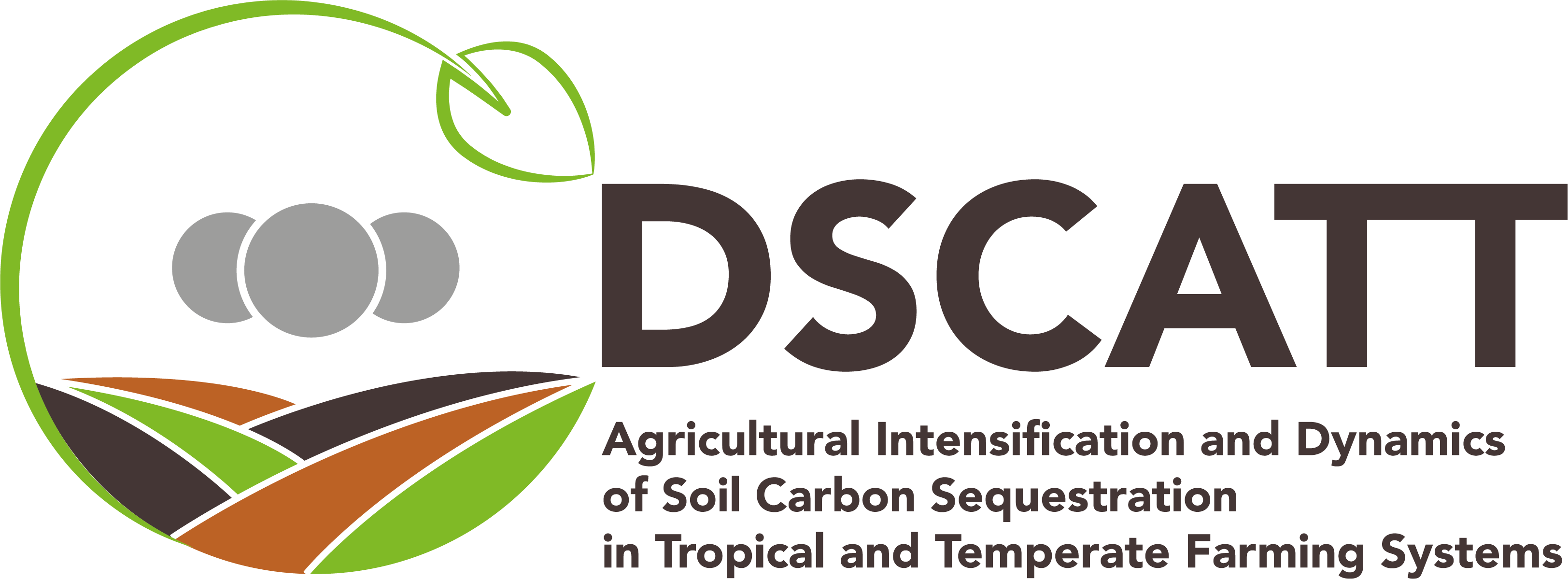Carbon sequestration potential through conservation agriculture in Africa has been largely overestimated: Comment on: “Meta-analysis on carbon sequestration through conservation agriculture in Africa”
Item
-
Title
Carbon sequestration potential through conservation agriculture in Africa has been largely overestimated: Comment on: “Meta-analysis on carbon sequestration through conservation agriculture in Africa”
Soil and Tillage Research
-
Creator
Marc Corbeels et al.
Rémi Cardinael
David Powlson
Regis Chikowo
Bruno Gerard
-
Subject
Climate change mitigation
Conservation agriculture
Cropland
Soil carbon sequestration
Sub-Saharan Africa
-
doi
10.1016/j.still.2019.104300
-
Abstract
Soil organic carbon (SOC) sequestration depends on several factors,including land use, pedo-climatic conditions, topographic position andthe initial SOC stock (Post and Kwon, 2000; Minasny et al., 2017). Atthe plot scale, a positive SOC balance is created by increasing the inputof organic matter to the soil to exceed the carbon (C) losses by miner-alization, leaching and erosion or by decreasing the rate of SOC de-composition. In Africa, agricultural soils are generally known to havepotential as a C sink due to previous SOC depletion (Vågen et al., 2005;Swanepoel et al., 2016). Two widely promoted crop managementpractices to store C in agricultural soils are conservation agriculture(CA) and agroforestry. Both practices can increase SOC through in-creased C inputs from higher biomass productivity and reduced C losses(through soil cover and reduced soil tillage), leading to a net transfer ofC from the atmosphere to the soil, thus contributing to the mitigation ofclimate change (Smith et al., 2005;Powlson et al., 2011; Griscom et al.,2017).
